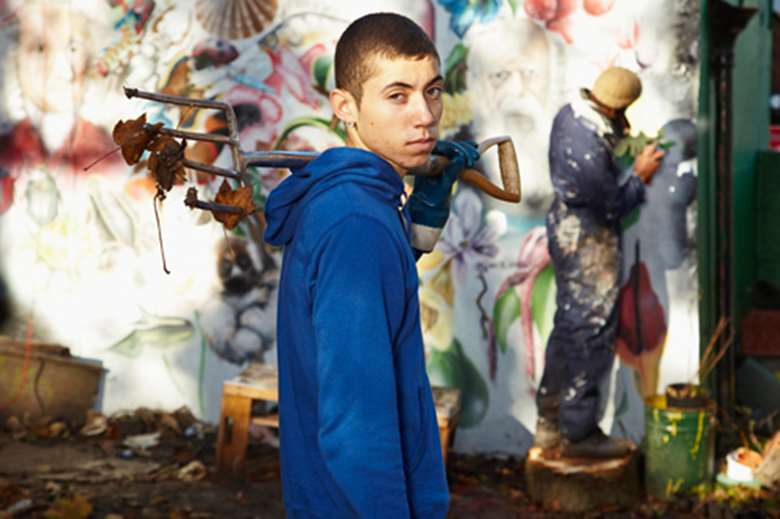Review recommends ‘revision' of YOT funding levels
Neil Puffett
Thursday, July 16, 2015
Funding levels for youth offending teams (YOTs) should be ‘revised', a major government-commissioned review has concluded.

A stocktake of YOTs, ordered by the Ministry of Justice (MoJ), concluded that levels of grant funding they receive from central government can be “adjusted” without jeopardising recent reductions in numbers of first time entrants, and numbers of young people in custody.
YOTs currently receive around a third of their total funding from the MoJ through a grant distributed by the Youth Justice Board (YJB).
The review, conducted by Deloitte, found that overall funding for YOTs fell by around 20 per cent between 2009/10 and 2013/14, from £370m to £300m.
It said that the YOT system has a number of strengths, namely that teams work closely and effectively with partner agencies and in a holistic manner to take account of young people’s wider needs.
However it said that evidence as to whether YOTs have a significant impact in reducing first-time entrants, custody volumes or reoffending rates is “ambiguous”.
“Early correlation analysis suggests that taking a narrow focus on reducing first-time entrants, custody volumes or reoffending rates only suggests that current MoJ funding is poorly allocated and could be revised without affecting these specific youth justice outcomes as measured by the YJB,” the report states.
“However, this risks undermining other outcomes around education, employment and training for young people that YOTs may positively influence.”
The review also recommends that the MoJ consider introducing a bidding process for central funding, whereby innovation or spreading of best practice is incentivised through competition.
“This would give YJB greater control of which YOTs receive funding and what it is spent on,” the report states.
“However, it would reduce certainty of funding and staffing levels for YOTs and would marginally increase YJB overheads.”
The report makes a total of 10 recommendations including that:
- Desired outcomes in youth justice are clarified and agreed
- YOTs are categorised based on the diversity of need and demand they face
- Consideration is given to introducing a national youth justice worker accreditation scheme or qualification to support innovation and new service provision is considered
- YOTs are supported to identify services where there is low demand so that they explore whether they can be provided more efficiently at a regional level
Gareth Jones, chair of the Association of Youth Offending Team Managers (AYM), said he believed that the stocktake had been focused on cost-cutting from the outset.
“I think it is very clear where Deloitte’s focus and intentions have been from the beginning,” he said.
“It has been very much about savings.”
He added that while AYM is in favour of a national youth justice worker qualification, it has reservations about the introduction of a bidding process for funding.
“Frequently the people who win a bid are those who can write the best bid, rather than those who can deliver the best outcome,” he said.
“If you are not careful you will end up with YOTs putting scarce resource into writing bids rather than delivering interventions.”
Youth justice minister Andrew Selous first announced the review of YOTs in November last year.




